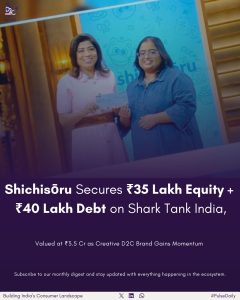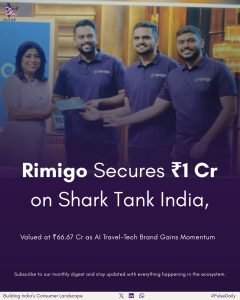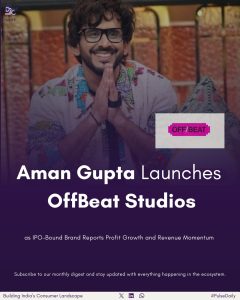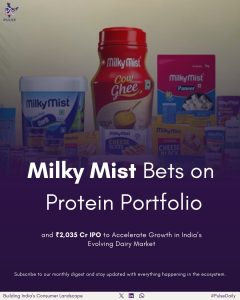
In a year marked by strong performances across the Indian D2C ecosystem, Burma Burma has emerged as one of the most inspiring D2C brand building stories in the food and beverage segment. The premium vegetarian pan-Asian restaurant chain crossed the ₹100 crore revenue milestone in FY25, posting a 47% year-on-year growth and narrowing its losses by an impressive 78%. This achievement not only reflects smart financial discipline but also highlights how sustainable D2C business models in India are reshaping the country’s culinary landscape.
According to the company’s filings with the Registrar of Companies, Burma Burma’s operating revenue rose to ₹106 crore in FY25 from ₹72 crore in FY24 — a solid performance for a brand operating in the premium D2C food and beverage category. Its total expenses grew 37% to ₹108 crore, driven by higher employee costs, material costs, and rental expenses due to ongoing D2C expansion plans across cities like Delhi NCR, Mumbai, Bengaluru, Hyderabad, Kolkata, and Ahmedabad. Despite the rising operational costs, Burma Burma reported a positive EBITDA of ₹6.6 crore, with an EBITDA margin of 6.23%, and nearly achieved break-even with a net loss of just ₹1.3 crore.
Founded by Chirag Chhajer and Ankit Gupta, Burma Burma has carved a niche in the D2C food and beverage brands space with its vegetarian Burmese cuisine infused with Indian, Chinese, and Thai influences. In a market often dominated by global quick commerce D2C and delivery-first ventures, the brand stands out as a restaurant-led direct-to-consumer India success story — blending authenticity, experience, and community. With a strong omnichannel D2C strategy and a brand-first approach, Burma Burma continues to redefine how premium D2C brands India can thrive in both online and offline environments.
The company’s balance sheet also reflects financial prudence. Employee benefits stood at ₹29 crore, cost of materials at ₹28 crore, rent at ₹18 crore, and depreciation at ₹10 crore. Even with rising input costs, Burma Burma maintained operational control, ensuring that every rupee spent yielded proportional returns. Its ROCE improved sharply from -48.6% in FY24 to -6.9% in FY25, underscoring steady recovery and investor confidence in its D2C business India.
On the funding front, according to TheKredible, Burma Burma has raised a total of $7 million so far, led by Negen Capital and Bbigplas Poly Pvt Ltd, both well-known D2C investors in India’s F&B sector. The co-founders collectively hold an 88% stake, reflecting strong promoter confidence — a rare quality among VC-backed D2C brands. This ownership structure has allowed the brand to pursue thoughtful growth without excessive cash burn, a key differentiator in the latest D2C startups entering the Indian market.
As D2C industry news continues to highlight the rise of sustainable, experience-driven brands, Burma Burma’s journey stands as a benchmark for upcoming D2C food and beverage brands and investors alike. With a focus on quality, culture, and customer loyalty, the brand’s steady rise demonstrates how Indian D2C updates are increasingly about endurance, not just valuation. As one of the fastest-growing D2C brands India, Burma Burma’s performance reaffirms that profitable growth — not reckless expansion — is the new currency in the evolving D2C ecosystem India.








